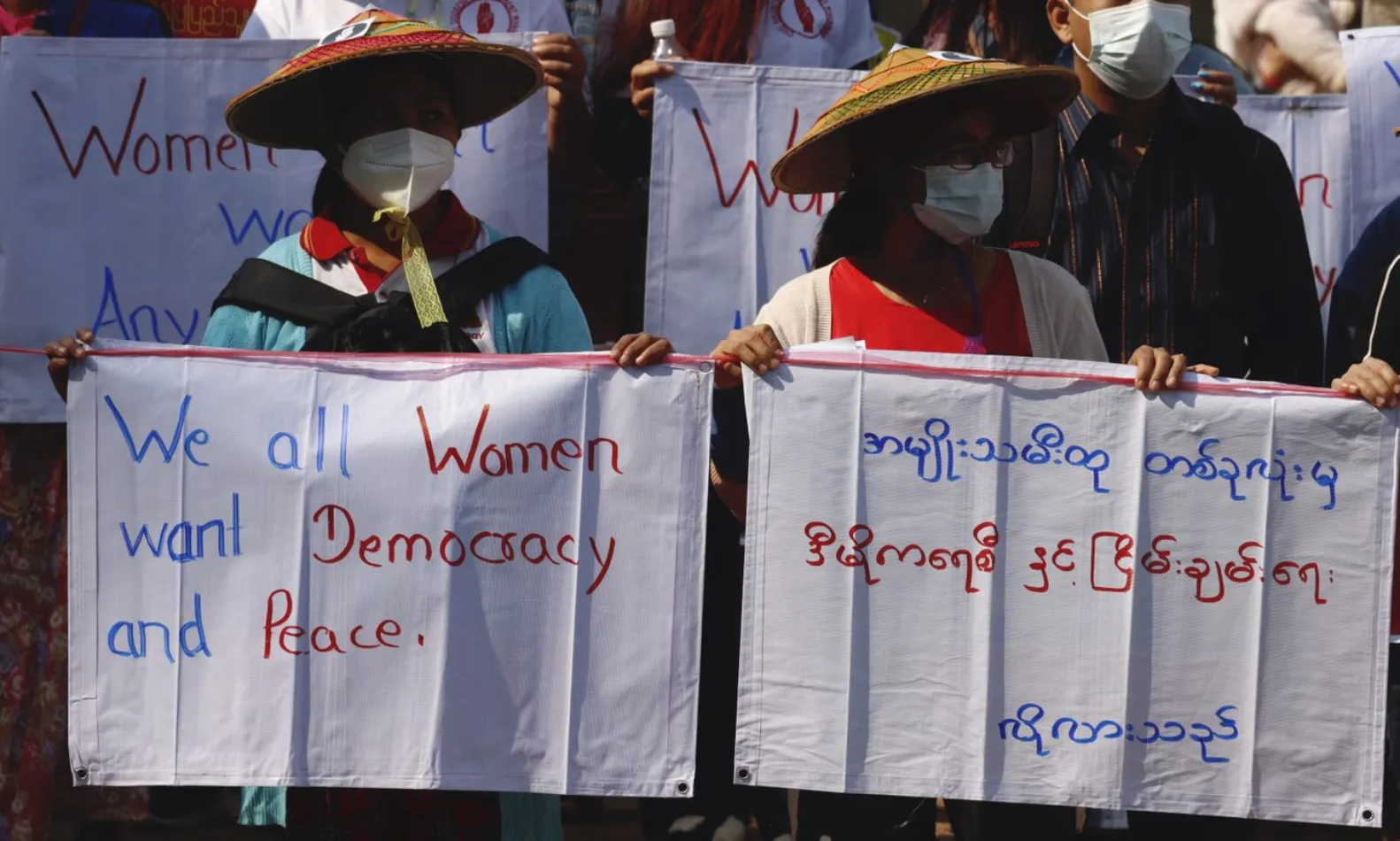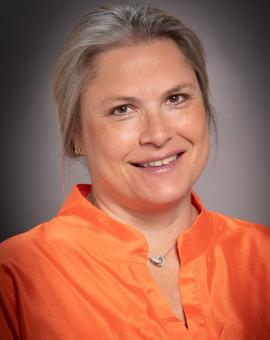Implementing Myanmar’s Federal Democracy Charter to strengthen women’s equality

In January 2022, a year after a ruthless military coup the Myanmar People’s Assembly, which brings together elected MPs and a wide range of other legitimate representatives of the people of Myanmar, endorsed the Federal Democracy Charter (FDC).
As outlined in the FDC, the legitimate interim government institutions, including the Committee Representing the Pyidaungsu Hluttaw (CPRH), the National Unity Government (NUG) and the democratic actors within the National Unity Consultative Council (NUCC) such as ethnic resistance organisations (EROs), civil society and State and Regional Councils are working to implement a political road map to build a genuine federal democracy in Myanmar.
Significantly, the FDC contains a set of expanded fundamental human rights provisions, including gender equality and children’s rights, and a prohibition of discrimination on any grounds, including race, faith, gender, disability, and sexual orientation. The FDC also aims to build inclusive state institutions, establishing a Women Rights and Gender Equality Commission and including a 30 per cent quota for women at all levels of decision-making in Myanmar’s future democratic institutions. A recent survey conducted by International IDEA found that the people of Myanmar emphatically support such affirmative action measures. For information on Myanmar’s FDC principles go to Myanmar’s Federal Democracy Charter Analysis and Prospects and on Facebook here.
International Women’s Day is a good occasion to recall these important commitments and to celebrate the prominent role women and youth in Myanmar’s post-coup democratic resistance movement continue to play as key actors in ensuring that inclusivity not only remains a key goal of Myanmar’s interim government institutions but that legislation, policies and affirmative action measures are adopted. In order to ensure that the FDC principles can also be implemented it will be necessary to challenge entrenched patriarchal attitudes and gender norms. International IDEA’s webinar on Inclusion and Gender Equality in Post-Coup Myanmar: Strategies for Democratic Constitutional Reform on 7 July 2022 under its MyConstitution programme allowed pro-democracy and human rights actors to present their perspectives and experience and to engage openly with participants on issues of inclusion and gender equality in Myanmar’s interim constitution and peace processes. To read more about women’s challenges of political participation since the coup and proposed strategies to promote gender equality, please read Inclusion and Gender Equality in Post-Coup Myanmar: Strategies for Democratic Constitutional Reform – Perspectives and Key Takeaways or see an explanatory video about challenges faced by women, youth and LQBTQI groups since the military coup and possible solutions to increase their inclusion and participation.
The NUG and NUCC play key roles in defining and implementing a gender equality policy framework, particularly through the Ministry of Women, Youth and Children’s Affairs (MWYCA) and the Joint Coordination Committee (JCC) on Gender made up of NUG and NUCC representatives. The JCC has discussed and agreed on a draft gender policy to ensure that Myanmar’s interim institutions apply gender equality principles. In addition, the Ministry has also developed a policy to prevent sexual harassment, which is to be applied by the NUG.
An agreement on a gender equality policy for Myanmar’s interim institutions would constitute an important first step by the NUG and NUCC to develop a comprehensive gender policy framework and measures to enable women on union and regional/state levels to effectively participate in and influence decision-making, thus making gender equality and women’s empowerment key components of Myanmar’s emerging federalism. Other measures will need to be taken to effectively implement legislation that set women’s quotas at 30 per cent as outlined in the FDC, conducting gender audits of legislation to counter discrimination, and developing a workable legal framework to prevent violence against women. As always, progressive legislation will require adequate enforcement mechanisms, administrative capacities and far-reaching mindset changes. Building trusted police structures, a respected judicial system, psycho-social referral mechanisms, education reforms and political leadership all need to be part of such an effort to be effective.
Quotas, if well-designed and implemented, are a possible mechanism for interim institutions to address gender imbalances. They aim to overcome entrenched structural biases by guaranteeing a critical number of women to take up political positions and to ensure that women can take up leadership roles, attain senior positions and strengthen the diversity of women from different ethnic and socio-economic backgrounds in institutions. Quotas in use today include constitutional or legislative reserved seats, legal candidate quotas and political party quotas. For more information, please see International IDEA’s Gender Quota Database and our Myanmar Gender Quota 101 video.




